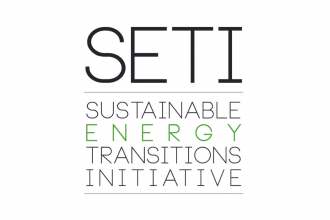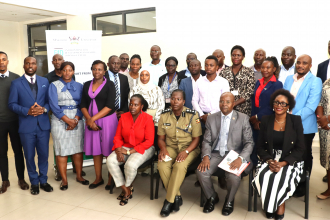
Call for Papers: SETI 2024 Annual Workshop
Call for Papers! SETI 2024 Annual Meeting Deadline: April 21, 2024, 23:59 ET USA. We are pleased to announce that the Ninth Annual Workshop of the Sustainable Energy Transitions Initiative (SETI) will…

Call for Papers! SETI 2024 Annual Meeting Deadline: April 21, 2024, 23:59 ET USA. We are pleased to announce that the Ninth Annual Workshop of the Sustainable Energy Transitions Initiative (SETI) will…

A team from EfD Uganda visited the Ministry of Water and Environment on February 27th, 2024 to share what they had learned on a study tour to Nepal in the fall of 2023. Nepal has been a world leader…
The aim of this scheme is to make the impacts of climate change on physical and mental health visible to drive urgent climate policy action at scale. We will fund transdisciplinary teams to deliver…
While high fertility levels in sub-Saharan Africa pose multiple challenges for economic, social, and environmental prospects, the perspectives of actors from this region have not been well documented.
Objective: This study compared patient safety culture among health professionals in tertiary, secondary and primary hospitals.Design: We conducted a cross-sectional survey among thirteen primary, secondary and tertiary hospitals in Ghana. A structured questionnaire was administered to 1,656 health professionals.
Background
Breast and cervical cancers remain the most common cancers and the leading cause of cancer deaths in Ghana. Non-communicable diseases such as cancers, have been associated with psychological burdens such as anxiety and depression disorders as well as severe mental disorders such as bipolar disorder. As such the World Health Organisation has noted that mental health and well-being are crucial in reducing the NCD burden.
Background: It is evident that public health education interventions to promote the use of condoms against HIV infections in Ghana have yielded modest results. However, existing studies in the field of sexual and reproductive health in Ghana have failed to account for differences in risk preferences of individuals. This study fills the gap by investigating how individuals' risk preferences predict their behaviour toward using condoms against HIV in Ghana.